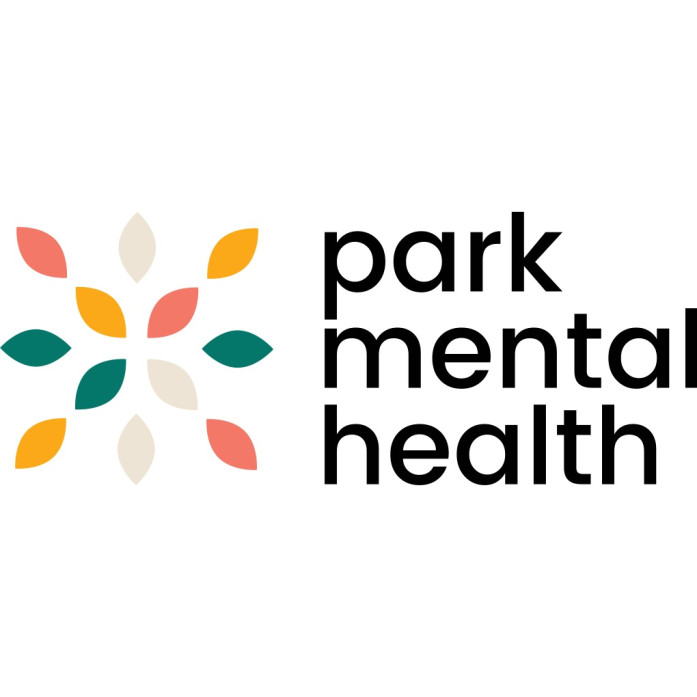Park Mental Health Experts Support Parents, Caregivers as a Strategy to Discourage Enabling When It Comes to Loved One’s Mental Health

SAN DIEGO, CA / ACCESSWIRE / October 17, 2024 / When it comes to mental health and the role that parents and caregivers play in their loved one’s healing, it’s important that the dynamic is a solid one. Having a loved one with mental illness can be isolating and lonely, frustrating even. Park Mental Health Program Director Mikayla Weathers said it’s important for parents and caretakers to play an intentional role with a healthy attachment rich in boundaries, compassion and consistency.

“Oftentimes, families attempt to help their loved ones who are struggling, which can lead to enabling and a lack of overall ‘help,'” said PMH Program Manager Mikayla Weathers.
While the intentions are good, the results aren’t always effective and can have the opposite effect.
Enabling can start as young as zero, which over time robs children of an opportunity to learn, grow, or manage a tough situation.
As children grow up, they are expected to meet different developmental milestones, including language, cognitive, social-emotional, behavioral and motor skills.
Early exposure to traumatic environments, substance abuse and other forms of mistreatment significantly increases an individual’s risk of developing multiple mental health conditions later in life.
“Parents have a hard time determining the difference between helping and enabling,” Weathers said. “They often get confused whether a behavior is a symptom of the mental health disorder or a behavioral issue or concern.”
When life is arranged in a way where normal life stressors don’t exist to allow problem-solving, it can become an enabling pattern.
“So if/when a mental health diagnosis is added on, it can complicate things for the individual even more so,” Weathers said. “The best thing a parent can do when they realize their loved one is struggling with a mental illness is learn all about the diagnosis and get involved in a support group with other parents who have been in the same position.”
This way, children can learn how to manage their own fears and stress regarding the diagnosis so they can provide support in ways that are logical versus emotional.
“Having a support system allows for them to reach out when they feel confused by a decision or need to talk through something with someone else who’s been in a similar situation,” she said. “When involved in support groups, most parents are able to see how they play a part and come up with a change plan.”
Park Mental Health uses best practices to bring a family back together that’s been torn apart by mental illness.
“We are a family systems program, therefore before intake, clients are made aware that family participation is necessary for change and healing,” she said.
In addition, the program includes consistent family outreach calls, sessions and support groups.
Contact Information
Steven Esparza
Chief Executive Officer
info@camppublicrelations.com
6193631368
SOURCE: Park Mental Health
View the original press release on newswire.com.
